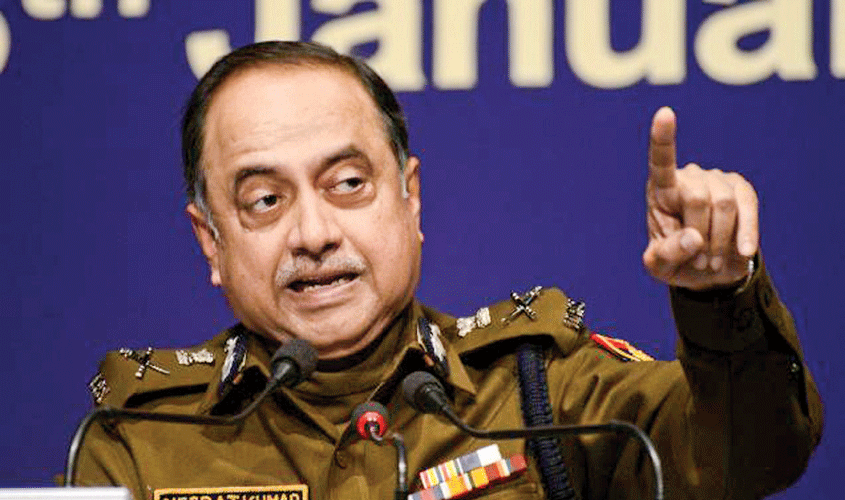Former Delhi Police Commissioner Neeraj Kumar, who as a senior functionary of the Central Bureau of Investigation (CBI), personally handled the entire operation of getting the Memon family back to India from Dubai in 1994 by hoodwinking Pakistan’s Inter State Intelligence (ISI) agents in the United Arab Emirates (UAE), has confirmed that there was no deal with either Yakub or any of the Memons. Yakub Memon, who was one of the key conspirators of the Bombay serial blasts of March 1993, was hanged on 30 July this year for his role in the blasts.
Neeraj Kumar has narrated the entire episode leading to the arrest of the Memon family at the Indira Gandhi International Airport in August 1994 in his forthcoming book, Dial D for Don being published by Penguin India. The gripping account of how the Memons agreed to accompany their cousin described as Suresh to cover his real name is presented in graphic detail in the Chapter, “Our man in Dubai”. The entire operation exposes bureaucratic hurdles and negative mindset of certain officials (not identified) and also seeks to compliment doers such as Prabhu Dayal, India’s Consulate General, V.S. Ailawadi, then Joint Secretary in the Home Ministry, A.M. Bhardwaj, chief of the Indian Airlines and Ravi Sharma, an IPS officer posted at the Interpol Headquarters.
Neeraj Kumar states, “Truth be told, there was no deal whatsoever with either Yaqub or the other Memons. No assurances were given to any of them at any stage. All claims of the Memons having been lured to return with promises of a lenient view being taken are bogus. I say this with all the sincerity at my command.”
The former police officer known for his investigative skills has highlighted the pitfalls in executing such operations. The CBI, with virtually little resources at its command, was pitted against the ISI, whose operatives tried their level best to somehow prevent the Memons from leaving Dubai. His ability to anticipate obstructions contributed largely to the safe return of the family. While the ISI had planned to derail the Indian operations at the Dubai International Airport, Neeraj Kumar plotted their exit from the UAE on a recently started Indian Airlines flight from Sharjah. The ISI was caught on the wrong foot and could never believe that they had been outfoxed in the cloak and dagger game.
The gripping account of how the Memons agreed to accompany their cousin described as Suresh to cover his real name is presented in graphic detail in the Chapter, “Our man in Dubai”. The entire operation exposes bureaucratic hurdles.
There are also details of how Rahin, Yakub Memon’s wife and his infant daughter Zubeida had to be left behind since they had no valid travel documents. “Coming back to Rahin and her baby Zubeida, no workable strategy could be worked out. There was even a talk of smuggling them out by the sea route. But these were all fancy ideas given the delicate dictates of international diplomacy. The director took a call and decided that Rahin should come out in the open and make an official declaration to the Indian Consulate that her husband and other family members were in India and in custody. That she was herself an absconding accused and would like to return to her country and face trial. And so, the Indian Mission in Dubai should help her. She did as she was told. An emergency passport was provided to her by the Indian Consulate with her child’s name endorsed on it.”
They ultimately arrived in India on 5 September after the Indian mission issued them relevant travel documents. But this too did not happen smoothly as the immigration authorities at Dubai prevented them from boarding the flight in view of a Red Corner Interpol notice on their computer screen. The drama did not end there as Neeraj Kumar, not the one to easily give up, called his colleague Ravi Sharma at the Interpol Headquarters and persuaded him to cancel the notice. The name disappeared from the computer screen much to the disbelief of the Dubai officials.
- Advertisement -

